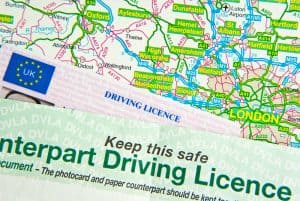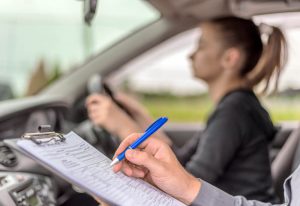Want to Learn to Drive? 3 Expert Tips for Getting Started Today
More help for you
If your 17th birthday is just around the corner, the odds are that you’re going to want to start learning to drive and enjoying the independence that a licence can bring.
But how do you get the ball rolling? What are the steps you need to take in order to find a qualified driving instructor so you can hit the road?
3 Steps to Start Your Driving Life1. Get Your Provisional Licence
It’s worth bearing in mind that the Government will let you plan ahead and obtain your first provisional licence well before your 17th birthday. In fact, you can submit your application to the DVLA once you’re 15 years and nine months old. This allows teenagers to begin riding a moped or a light quad bike after turning 16, and start learning how to drive a car when they’re 17.
The provisional licence application is quite straightforward and can be done online.
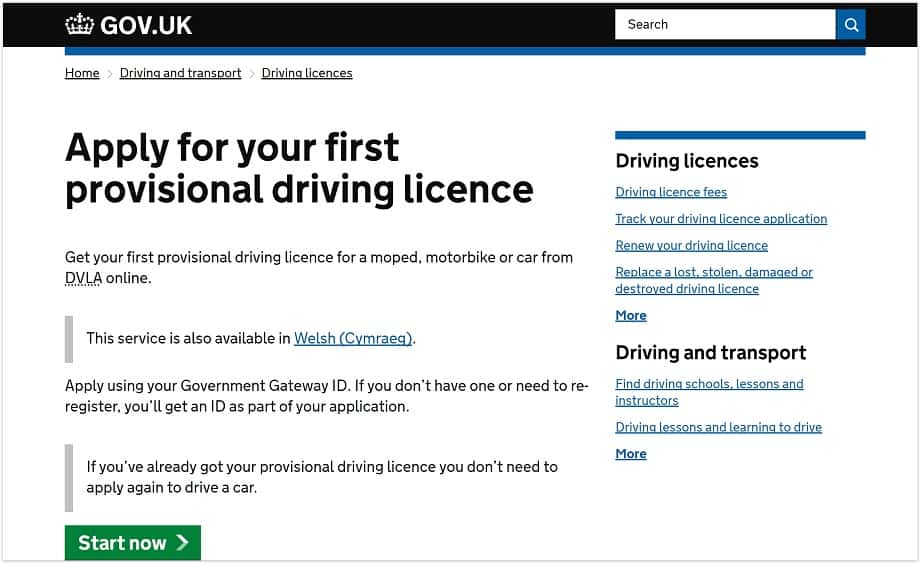
You will have to register and get a government gateway user ID
There are just a few requirements to bear in mind:
- You’ll need to give details of everywhere you have lived over the past 36 months.
- You will be asked for your National Insurance number and proof of identification.
- You must satisfy the DVLA’s standards of vision for driving, which involve being able to read a car’s number plate from 20m (65ft) away. You can wear glasses or contact lenses to meet this requirement if you have to.
Provisional licences currently cost £34 to buy and typically arrive within a week of a successful application.
2. Find the Right Instructor
The best bit of advice we can probably give you as you prepare to begin learning how to drive is to take a little time finding the right instructor.
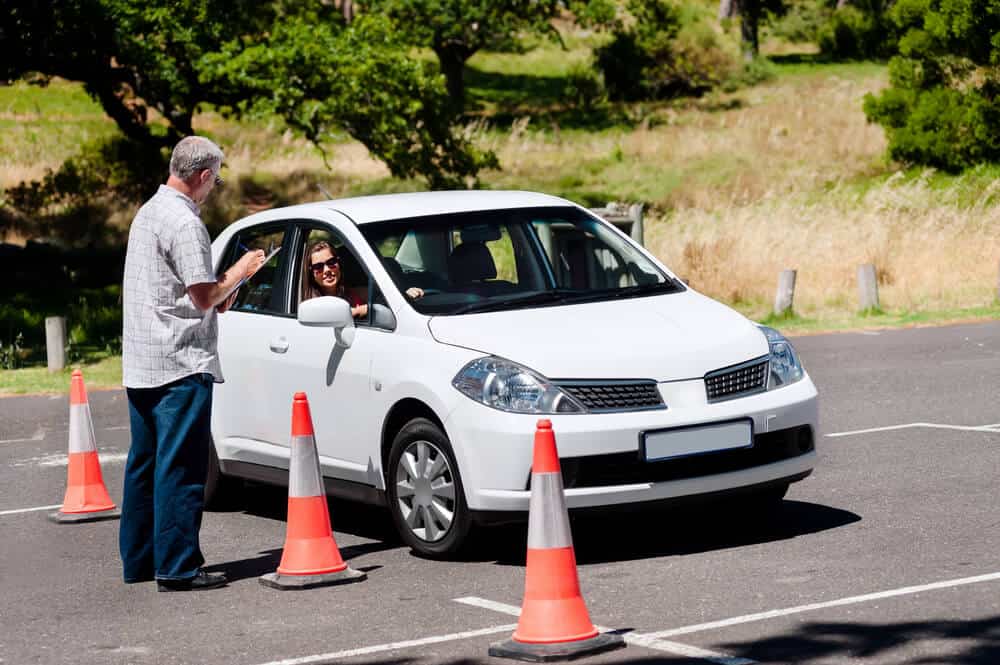
Booking classes with a high standard instructor could help you become a more proficient driver sooner
Here are some top tips on selecting a professional who will be able to confidently give you comprehensive training that’s good value for money:
- Ask whether they are an Approved Driving Instructor (someone who is fully qualified) or a Potential Driving Instructor who is still undergoing examinations. Those who are completely trained usually have a green badge on display in their car.
- Check their performance. Since 2014, instructors are graded on a regular basis to ensure the standard of their teaching is consistent. Instructors with an A grade offer an overall high standard of instruction, while those with a B are deemed “sufficient”. Don’t be afraid to enquire about what their most recent score was. It’s your money.
- Talk to friends and family. You may have some mates who are a little older than you and have already begun lessons. Have a chat to them to see whether they would recommend their instructor.
- See the instructor’s car. It’s vital an instructor has a dual-controlled vehicle with an extra set of pedals they can operate while sat in the passenger seat. You should think about whether you want to learn in a car with an automatic or a manual gearbox, too. Finally, experts say you should watch out for driving schools which try to lure you in with a “flashy” car. What matters more is that the instructor offers captivating and productive lessons in a vehicle you’ll be able to use throughout your training, even if it’s a couple of years old.
- Give the instructor a test drive. Don’t book loads of lessons in advance until you’ve determined whether or not they are right for you.
3. Begin Your Theory Practice
Reading a copy of the Highway Code is going to be an essential part of your theory practice. It forms the basis of many questions you will be asked in your exam, and a significant number of the rules inside are the law. Breaking these rules through a lack of knowledge could have serious consequences including monetary fines, penalty points or a disqualification.
For the first two years of having your full licence, you are only allowed a maximum of six penalty points. As many offences carry a punishment of three points, this means you could have your driving privileges revoked after just two motoring offences. From here, you would need to start the process of taking your theory and practical tests all over again.
It’s good to allow plenty of time for preparation and to invest in official books and apps which will give you a clear path through the many rules, regulations and road signs you’ll need to absorb to pass your theory test with confidence.
There are hundreds of potential questions that could crop up during your exam, so it’s a great idea to take mock tests like those you’ll find on our website.
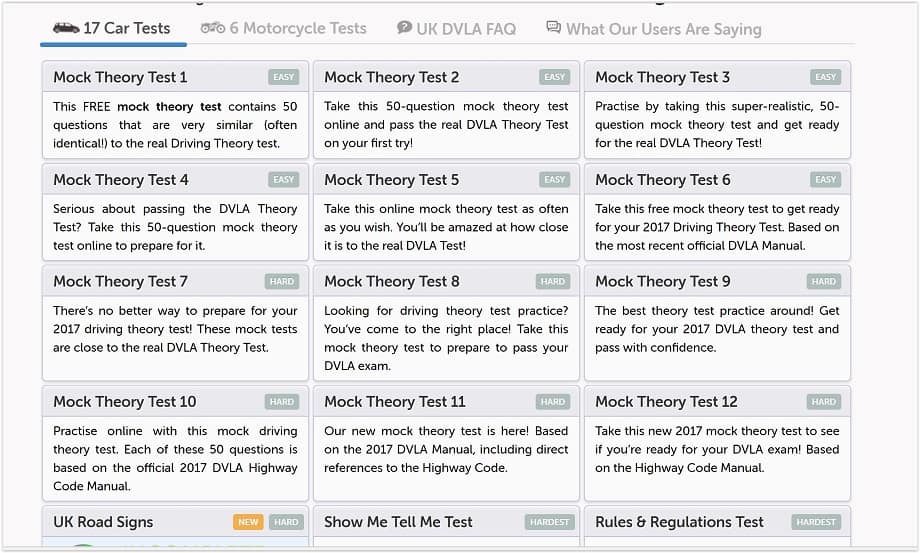
Toptests.co.uk provides free up-to-date driving tests to prepare for your DVLA Theory Test
It’ll get you accustomed to the structure of the questions and help you determine the subject areas where your knowledge is a little thin.
Theory tests have gotten much, much harder over the past decade -- and they’re not cheap to take.
As such, you shouldn’t rush yourself into taking an exam too soon.

